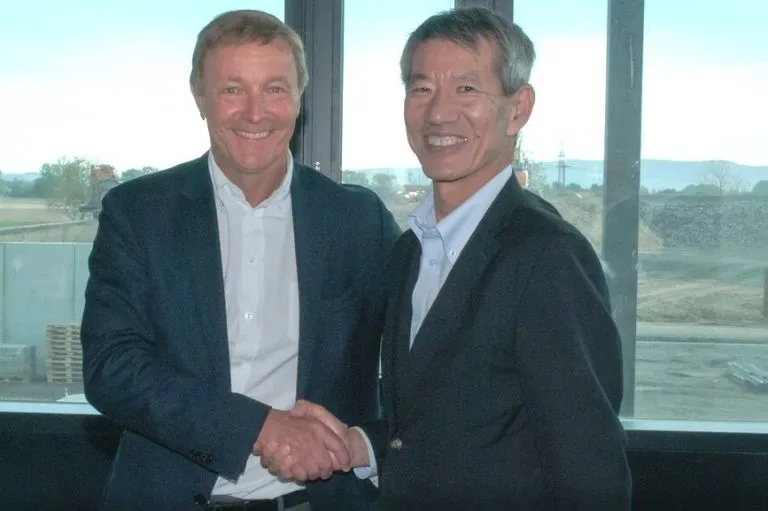A new agreement has been settled for
By signing the Agreement, iCEMA has now become the official 'Partner Association’ of bauma CONEXPO INDIA. The partnership will run until 2020. Singh said, “We are delighted to have acquired iCEMA as a partner for bauma CONEXPO INDIA. Together, we can continue to expand and strengthen the trade fair as one of the most important platforms for industry and politics in India.”
The construction machinery market in India is experiencing a positive trend, primarily on account of the increase in road construction and earthmoving work. Garg said that he regards the partnership as a logical step to promote the transfer of know-how and the development of the infrastructure in India. He explained, “Cooperation with bauma CONEXPO INDIA provides iCEMA with a forum at a global level. This will enable us to examine and recognise trends and solutions for the Indian market from all over the world, for the benefit of our customers.“
In its capacity as the largest association for the construction machinery sector in India, iCEMA acts as a strong link between industry and government, and campaigns for growth and development in the industry. iCEMA also helps give shape to government initiatives in the construction equipment industry through the Infrastructure Equipment Skill Council (IESC).
New agreement being settled for bauma CONEXPO INDIA
A new agreement has been settled for bauma CONEXPO INDIA, the International Trade Fair for Construction Machinery. Under the new deal the organisers of the show will cooperate closely in the future with iCEMA, the Indian Construction Equipment Manufacturers’ Association. The agreement was signed in Delhi by Bhupinder Singh, CEO of bC Expo India, and Arvind K Garg, president of iCEMA).
August 29, 2017
Read time: 2 mins







